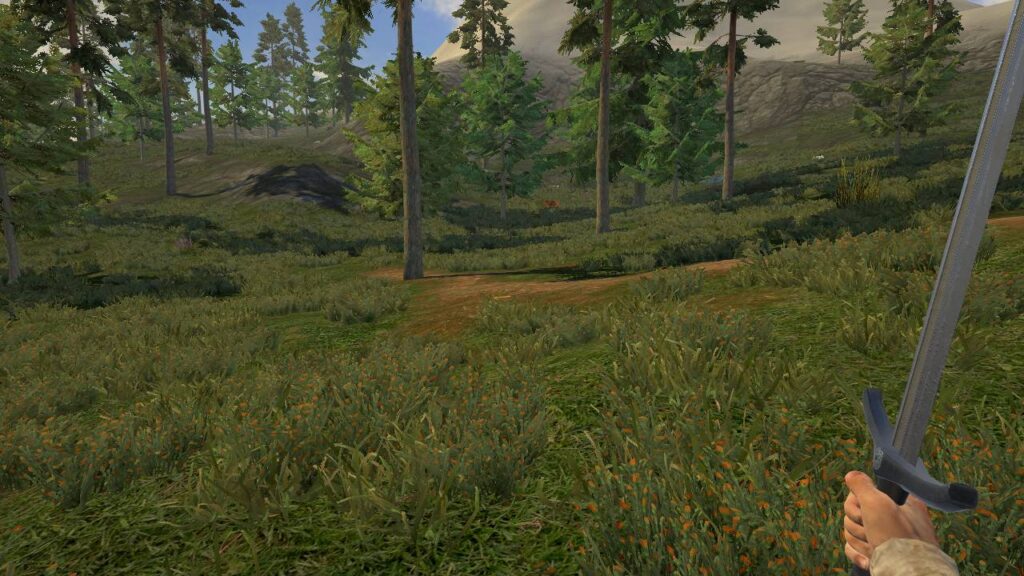

This name comes from the term ei which means 'always' and rik which means ‘ruler’. Ebbeĭiminutive of Eberhard and comes from the Old Norse word "boar" Einarįrom Old Norse, it means "the lone warrior." Eindrideįrom Norse Eindriði, possibly from the elements ein "one, alone" and ríða "to mount".

It derives from an English surname that has its origin in the Old Norse rsórsteinn or Torsten which means “stone of Thor”. Dag the Wise was a legendary king of Sweden who, according to legend, understood birds and received news from all over the world to communicate to the king. Knut, Knud or Canute, also known as Canute the Great ( Knut The Great), was the prince of Denmark who managed to subdue England in the 11th century and managed to become the king of Norway. In Old Norse it means "warrior in armor." Canute ( Knout ) Brandrįrom Old Norse, it means "sword" or "fire." Brynjar It is said that the word Viking comes from the nordic word vika which means ‘marine mile’, while others assure that it comes from the phrase vik in which means "inside bay", and refers to landings or the word vik which means 'entrance, small bay' and can refer to one who frequently disembarks in a bay.ĭerived from Old Norse bua which means "to live".

These Norse settlers gained fame over the years due, in large part, to their forays into England, Scotland, Ireland, France, Russia, even Constantinople, and other parts of Europe. The Vikings were a traveling people from the kingdoms of Sweden, Denmark and Norway located north of Scandinavia. It should be noted that the word itself Viking it was used as a proper noun in some Germanic languages. There are many viking names of men and women that history and literature have captured, of which you will find here some of the most prevalent that have survived to this day.
Vikings daughter hilde how to#
Video: How to ACTUALLY pronounce names from Norse Mythology (Icelandic) Content


 0 kommentar(er)
0 kommentar(er)
